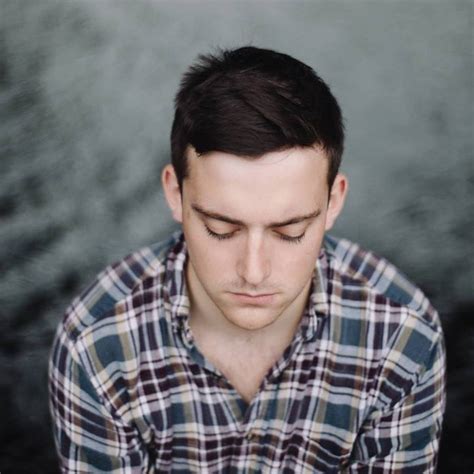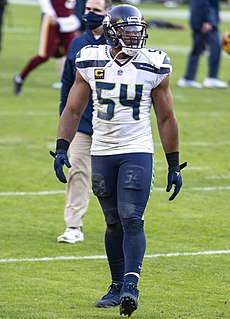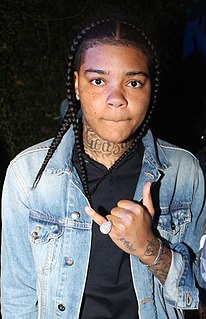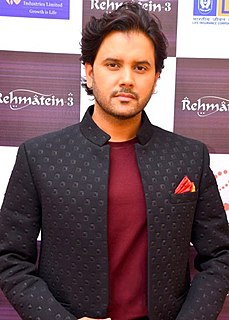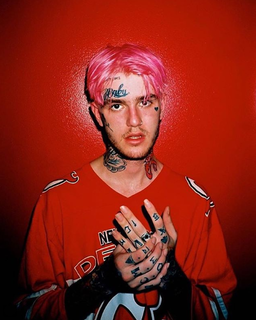A Quote by Jimmy Iovine
What's happened to the music industry, from my perspective, is a lot of great music is behind the wall that can't get through, and therefore, a lot of artists are getting discouraged.
Related Quotes
Indie music is 'it' now. It's kind of a revolution to the music: 1980s, 1990s music was getting very sanitized; they were complying with the music industry. Music was getting more and more dead in a way. Now, because of the social climate that's very severe, the artists are compelled to start being real. It's really great that indie music is now.
There are so many artists these days that are trying to imitate other artists and go for a certain style; there's a lot of bullshit in the music industry. I don't want to deviate from anything else other than the music, cause that's why I listen to my favorite records - not because I like the way the artists dress.
A lot of Utah State when I was there, there was a lot of California guys. So, you get a lot of Cali music, you got a lot of dance music, I think the Jerk was popular back then. It was a lot of the music that you can dance to with your teammates. A lot of hip-hop, rap, R&B, it was really fun. It was live in there.
I want the music to be heard as close to when I made it, as much as possible. I don't want to get into some "future of the music industry" thing, or where I stand on digital this or that, but I think it's ridiculous that a lot of people in the industry plan so far ahead that it makes a lot of improvisation impossible and makes a lot of people's expectations fixed and not fluid.
What is missing in a lot of urban music is perspective. You hear a lot of regurgitated perspective. It's a lot of: out at the club. Had drinks. Patrón. Big booties. It's this regurgitated idea of living in this, I don't know, one-night-stand moment that always starts at the club and Patrón. And so perspective, perspective, perspective is what I'm an advocate of.
We live in an age of music for people who don't like music. The record industry discovered some time ago that there aren't that many people who actually like music. For a lot of people, music's annoying, or at the very least they don't need it. They discovered if they could sell music to a lot of those people, they could sell a lot more records.






